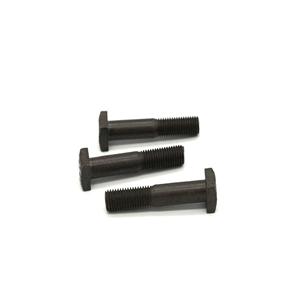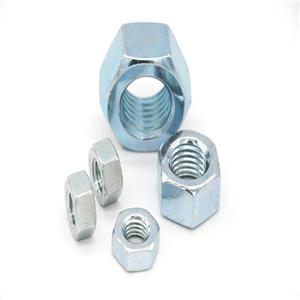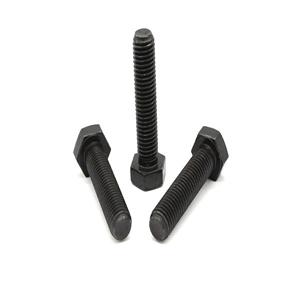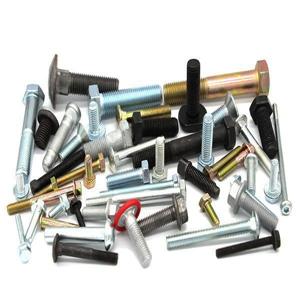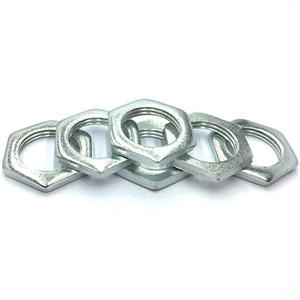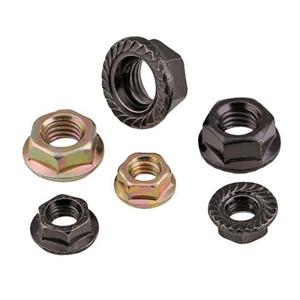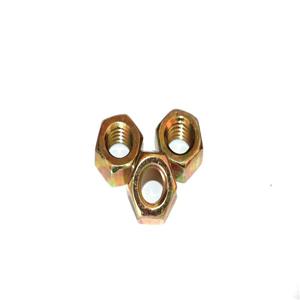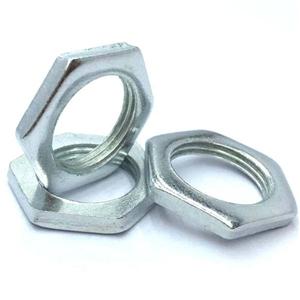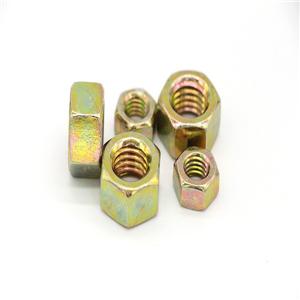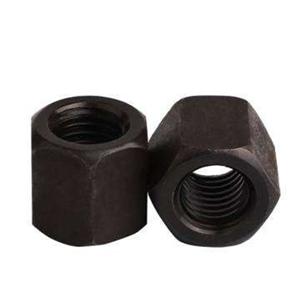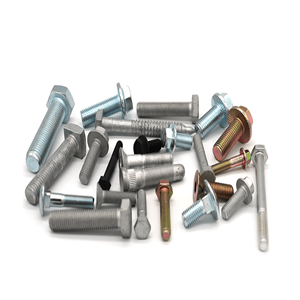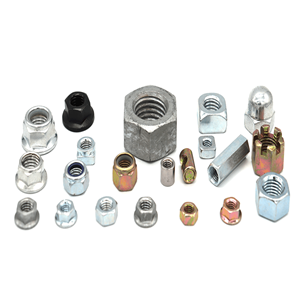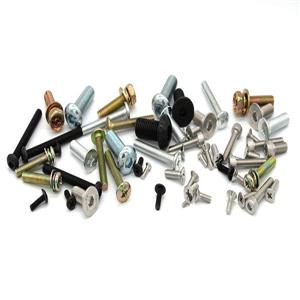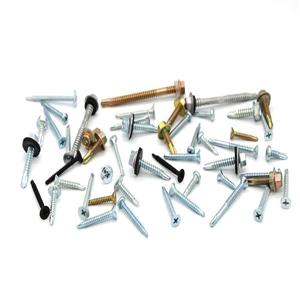-
2502-2020
Talking about the influencing factors of bolt tensile test ...
The tensile strength of a bolt refers to the maximum tensile force that the bolt can withstand before being broken in the axial direction. It is the critical value for the transition from uniform plastic deformation to locally concentrated plastic deformation, and it is also the maximum load under static tensile ability. The yield strength of a bolt refers to the phenomenon that the stress does not increase or fluctuates within a small range during the tensile test of the bolt, but the phenomenon of rapid increase in strain occurs.
-
2102-2020
How to use high strength fastener
Fastener is the most common type of standard parts in mechanical products due to its variety, specification, large usage and wide application. The reasonable selection of fasteners has also become an important link in the process of product design. Whether the fasteners are used correctly or not is directly related to the functional realization and safe operation of the product. Compared with general fasteners, high-strength fasteners have different requirements in product design, manufacturing, assembly, inspection and maintenance, and play a more critical role in the operation of equipment. With the development of mechanical products to large-scale, automatic, intelligent and other diversified situations, the use of high-strength fasteners as key functional parts is increasing, especially in key occasions and important parts. At present, there are still some problems in the selection and use of high-strength fasteners, such as different opinions and insufficient understanding. It is necessary to do further research work. This paper mainly discusses the use methods of high-strength fasteners for mechanical products, and does not discuss the use of high-strength fasteners instead of general fasteners.
-
2102-2020
Surface treatment of fasteners: Which one should we choose?
The main purpose of surface treatment is aesthetics and corrosion protection. Because the main function of the fastener is to fasten parts, and the surface treatment also has a great impact on its fastening performance. Therefore, when selecting the surface treatment process, factors such as the torque and consistency of the pre-tightening force of the fastener must be considered.
-
2412-2019
Advantages and anti-loose methods of jam nut
Jam nut are nuts that are screwed together with bolts or screws to play a role of fastening. All production machinery must be an original part. jam nut are parts that tightly connect mechanical equipment. Threads, locking nuts and screws of the same specification can be connected together. The advantages and methods of locking nuts are introduced in detail below.
-
0612-2019
Hex flange nut connection and strength test
Compared with hexagon nuts, hexagon flange nuts have the same anti-skid teeth at the bottom. Except for the addition of nuts and workpieces, their dimensions and screw sizes are basically the same. Surface contact is getting stronger compared to the combination of ordinary nuts and washers. The following is the strength test of the connection box of the hexagon flange nut.
-
0411-2019
Introduction to the manufacturing process and types of nuts
The nut is a nut, which is a mechanical part that is fastened by the inner thread and the externally threaded bolt. According to the material, it can be divided into carbon steel, stainless steel, non-ferrous metal and plastic (nylon). How do we produce nuts that are common? What are the types of nuts? The following is a small series for everyone to explain the manufacturing process and types of nuts, I hope to help everyone.
-
2310-2019
Types and advantages of hex jam nuts-washer faced
What are the types of hex jam nuts-washer faced? What are the advantages of a hex jam nuts-washer faced? Let's take a look at the types and advantages of hex jam nuts-washer faced. I hope to help everyone.
-
1610-2019
The difference between fine thread nut and coarse nut
A fine thread nut is a common object used to connect two parts. In contrast to the fine thread nut, there is also a nut called a coarse nut. This coarse nut is used in the general case, or in the case where the fineness is not required, the coarse nut is used. It is required to have better fixing and sealing, and there is a time when the joint is rotated, that is, when the fine thread nut is used. So what is the difference between a fine thread nut and a coarse nut? Where are the fine thread nut nuts used? Let's take a look at it together.
-
1110-2019
Process and characteristics of heavy hex nuts
Heavy duty hex nuts are screw caps that are bolted or screwed together to secure the part. So what is the process of heavy hex nuts? What are the characteristics of heavy hex nuts? Let me talk about the craftsmanship and characteristics of the heavy-duty hex nuts. I hope to help everyone.

